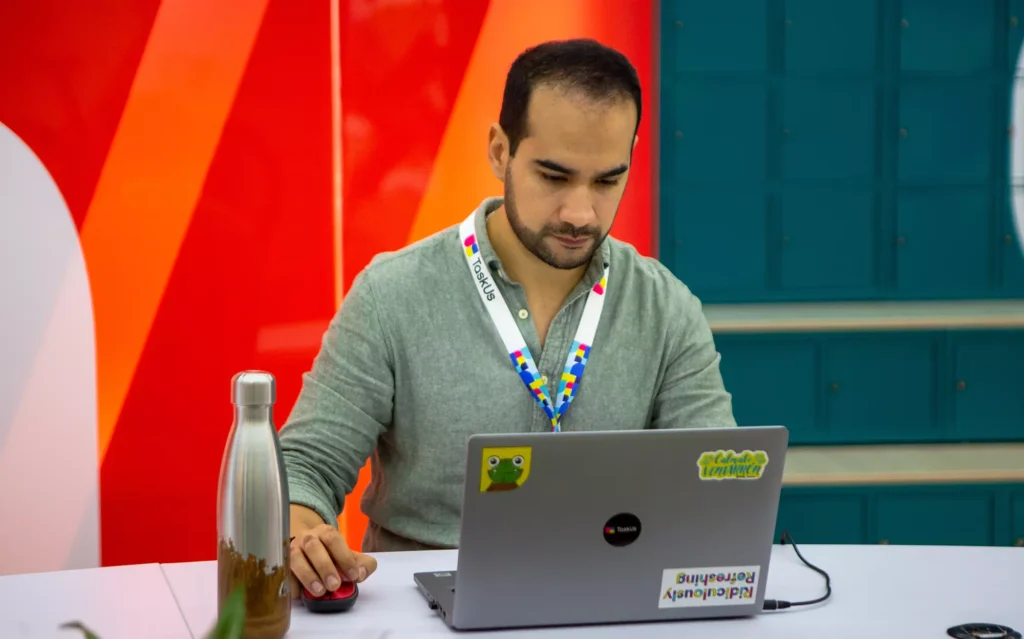Industry Knowledge
Introduction to Reinforcement Learning from Human Feedback (RLHF)
Reinforcement Learning from Human Feedback (RLHF) is a relatively new yet significant machine learning technique that can be applied to large generative AI models like ChatGPT to improve performance and enable more effective collaboration between humans and AI systems.
In this article, we’ll explain what RLHF is, how it works, and key benefits of using it to train machine learning models.
What is Reinforcement Learning from Human Feedback (RLHF)?
RLHF is a new approach to training AI models. Based on the standard technique of developing a reward and punishment mechanism, RLHF specifically involves collecting input from human experts to improve model performance. RLHF aims to enable AI models to learn from real human feedback rather than relying solely on predefined objectives or rewards.
RLHF is an iterative process that involves continually collecting feedback from humans in the loop and plugging in that data to refine the AI model's performance over time.
How does RLHF work?
The steps of RLHF can vary depending on the specific implementation. However, the general process involves the following stages:





Benefits of Reinforcement Learning from Human Feedback

The benefits of using RLHF to train generative AI models include:
- Continuous improvement: The RLHF process allows the model to improve continuously as human experts provide continuous feedback. Over time, the model will become more robust, generating high-quality outputs more consistently.
- Greater flexibility: Unlike traditional reinforcement learning, which relies on predefined reward functions, RLHF enables models to learn from a wide range of feedback signals, such as natural language feedback from humans. This process allows AI models to adapt to different tasks and scenarios by learning from the human labelers’ diverse experiences and expertise.
- Hallucination mitigation: One of the biggest concerns of Generative AI systems is that when they don’t understand user input, they often misinterpret and invent answers in a process called “Artificial Intelligence Hallucination.” Human feedback given through RLHF can help mitigate model hallucinations and reduce errors. This is particularly helpful for highly specialized subject matter that may require additional review from qualified experts.
- Enhanced safety: RLHF contributes to developing safer AI models by allowing human experts to teach the model to avoid generating harmful content, such as violent imagery, discriminatory text, and more. This constant feedback loop helps ensure that AI systems are more reliable and trustworthy in user interactions.
Outsource RLHF with TaskUs
RLHF has the potential to make generative AI models more reliable, accurate, efficient, flexible, and safe. TaskUs has the expertise, technology, and infrastructure to support Reinforcement Learning from Human Feedback (RLHF) workflows by providing access to a large pool of highly skilled human annotators.
In fact, we recently helped a leading AI company train their LLM to produce “Safe Completions” of sensitive content language prompts.
- 14 different categories of sensitive content, including hate speech, sexual, political, harmful content, and adversarial content
- 550,000+ items reviewed
- 98% Accuracy vs. a target of 90%
TaskUs can collect high-quality human feedback data for the most specific use cases, leading to more accurate and effective AI models.
Overall, RLHF has the potential to make generative AI models more reliable, accurate, efficient, flexible, and safe. TaskUs has the expertise, technology, and infrastructure to support Reinforcement Learning from Human Feedback (RLHF) workflows by providing access to a large pool of highly skilled human annotators. We can collect high-quality human feedback data for the most specific use cases, leading to more accurate and effective AI models.
References

We exist to empower people to deliver Ridiculously Good innovation to the world’s best companies.
Services







